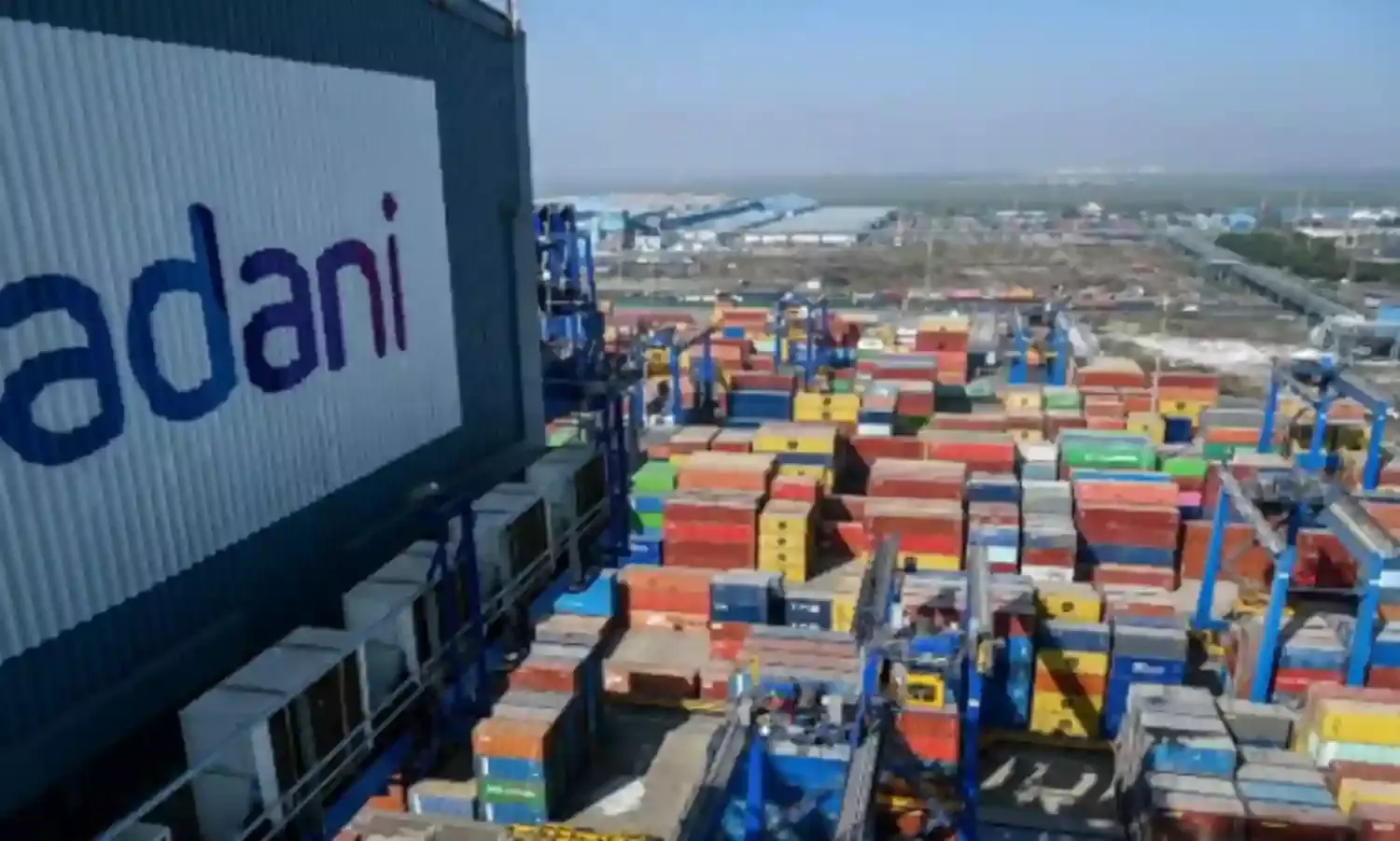Gujarat Government To Reclaim 108 Hectares Grazing Land From Adani Port
In 2005, Narendra Modi-led government gave the land for industrial use

In a major move, the Gujarat Government has decided to reclaim 108 hectares of ‘gauchar’ or grazing land from Adani Port and Special Economic Zone (SEZ) and give it back to Navinal village of Kutch district.
In 2005, when Narendra Modi was the Chief Minister of Gujarat, the Bharatiya Janata Party (BJP) Government had given the land to the company for industrial use. During his tenure as the chief minister of Gujarat, several chunks of grazing land were given away to the private sector.
The villagers of Navinal village had opposed giving the land to Mundra Port and Adani Port and Special Economic Zone (SEZ).
The Gujarat Government informed about its decision to reclaim before the Division Bench of Chief Justice Sunita Agrawal and Justice Pranav Trivedi on July 5. Interestingly, a GR was passed only on July 4 to reclaim the land.
For more than a decade, the Gujarat Government’s move to hand over the grazing land to the private sector has been opposed by the opposition parties. Rights activists too have protested the move time and again.
Last month, the High Court had shot down a proposal of the state government. The state government had said that it would allot grazing land for the cattle to Navinal village at a nearby village.
It had all begun in 2005 when grazing land of three panchayats was divested by the Kutch Collector and given to the Mundra Port and SEZ for developing SEZ. Thereafter in 2011, Navinal village moved the HC challenging the decision of giving away grazing land to Mundra Port and Adani SEZ, which is now known as APSEZ Limited.
Appearing for the villagers, advocate Anand Yagnik argued that the allocation left the villagers with insufficient land for the cattle to graze. He had also said that the state government is only the trustee of this land. Yagnik said that the land was given away at Rs 11, Rs 17 and Rs 20 per square metre.
The villagers had also submitted that allocation of land was illegal as the government resolution only allowed allocation of land for industrial use if there was excess grazing land. Stating that grazing land is a common property resource, the villagers had underlined that they were already short of grazing land.
Additional Advocate General Mitesh Amin appeared on behalf of the Gujarat Government.
Appearing on behalf of the APSEZL, senior advocate Mihir Thakor objected to the court’s directions and said that the state government could not reclaim the land that was already allotted to the company and that it infringed upon the company’s rights.
He also said that the land cannot be taken away in such a manner and that if at all it is taken then the prevalent market price be paid for it. On this, the Gujarat High Court asked them to file a separate petition, if they wished to challenge the High Court’s order.
The Gujarat High Court’s proceedings of July 5 were in connection with a contempt petition filed by the villagers. In 2014, the original petition was disposed of by the High Court after the state government’s promise to allocate additional land to the village.
However, in 2015, the state government cited that reduced land was available. This then prompted the villagers to file a contempt petition.
Talking to The Citizen, Yagnik termed the order as courageous and said the High Court looked into the legality of the order that was of 2005. He said the High Court has asked the Gujarat Government to implement its order as soon as possible.
The next hearing in the case is on July 26 in which the progress on implementation of the order will be reviewed.
Sagar Rabari, a farm leader and general secretary of the Aam Aadmi Party in Gujarat, told The Citizen that there is a lot of encroachment on the grazing land. He recalled that in the past, the Supreme Court had sought a status report on the grazing land available with each state. Rabari further pointed out that the state government has not made that report public.
Gujarat Congress leader Shaktisinh Gohil, who also is a lawyer, told The Citizen that the party welcomes the High Court’s decision. He said the issue was raised by him in the state assembly and it also shows how the state government favoured a particular company.
Welcoming the order, environmental activist Mahesh Pandya said that cattle rearing, and agriculture are interlinked and especially in Kutch, the villagers are dependent on cattle rearing. He cited the state government’s own rule that mandates 40-acre land for 100 cattle.
Those in the know of the developments in the agriculture and cattle rearing sector say that the exact count of the cattle isn’t available as the cattle census is not as “regular” as population census.


